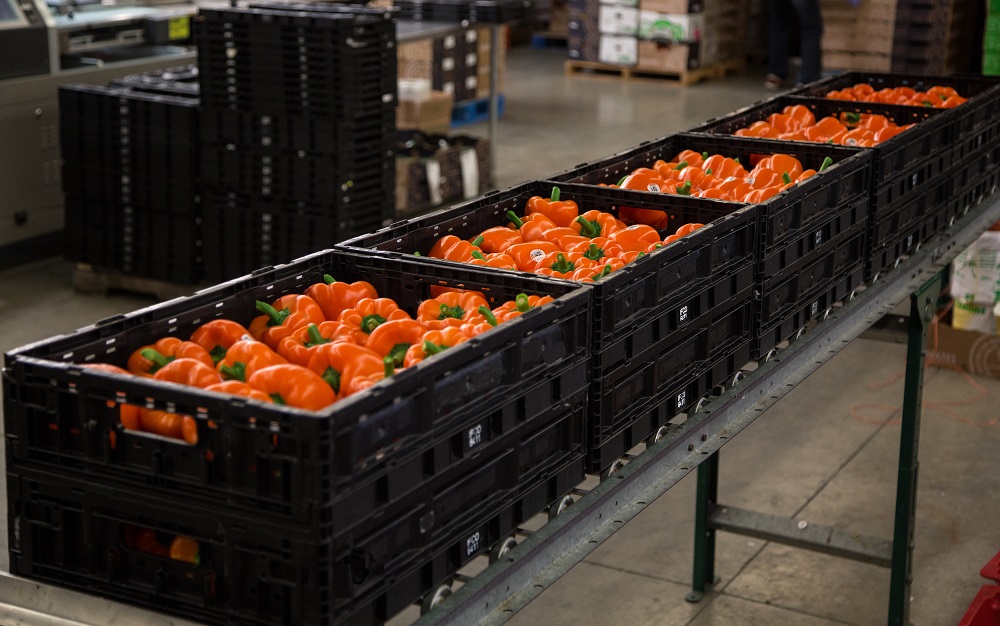Study finds reusable plastic containers reduce greenhouse gas emissions by 60%

A new study has found reusable plastic containers (RPCs) emit 60% less carbon dioxide than single-use cardboard boxes when used for packaging, storing and shipping fresh produce.
RPC specialist IFCO issued a response to the findings of the Carbon Footprint of Food Packaging report, conducted by Fraunhofer IBP for Stiftung Initiative Mehrweg (SIM).
"This study adds to the growing body of evidence that RPCs outperform single-use cardboard boxes when it comes to sustainability", said Wolfgang Orgeldinger, IFCO CEO.
"For instance, the study supports information we published last year showing the use of IFCO RPCs has eliminated 3.4 billion kg of CO2 emissions over the last 25 years, the equivalent of removing nearly 500,000 cars from the roads", he continued.
Studying RPC and cardboard box fresh produce shipments in Germany, Spain, Italy, Netherlands and France, results showed:
- The use of RPCs resulted in 60% lower greenhouse gas emissions compared to single-use cardboard boxes.
- RPCs emitted 15 metric tons (MT) of CO2, with cardboard boxes emitting 37 MT.
- RPCs greenhouse gas emissions advantage began with their 6th use and grew exponentially with each use after.
The findings are consistent with the 2017 study conducted by Franklin Associates for IFCO, which showed RPCs outperform single-use cardboard boxes on numerous sustainability criteria, such as carbon emissions, solid waste, water and energy use, and environmental pollution impact.
















































